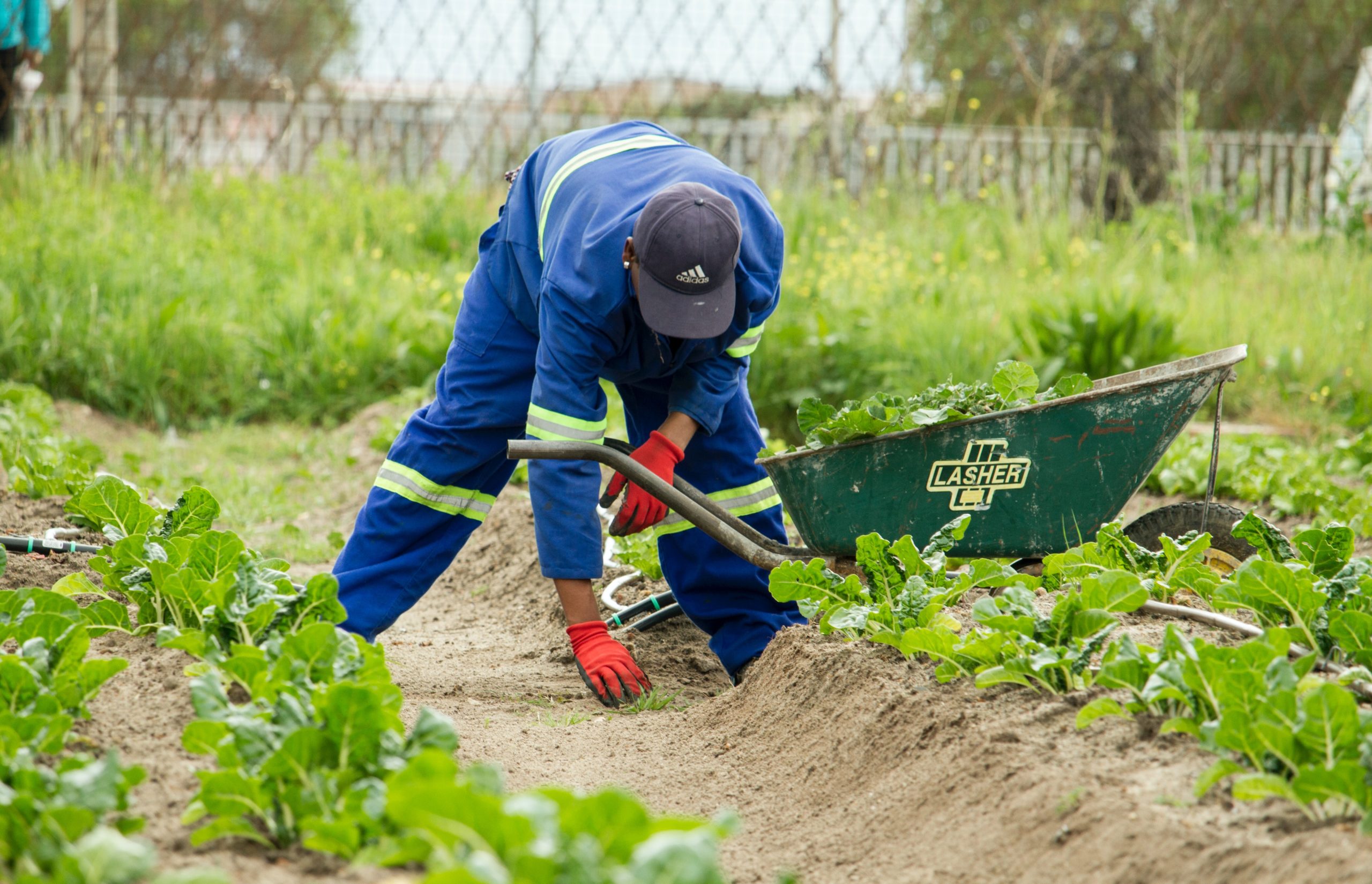By Sarah Couturier-Tanoh and Juana Lee
Canadian agriculture relies heavily on migrant workers.
Every year, between 50,000 and 60,000 migrant workers arrive in Canada through the Seasonal Agricultural Worker Program. To get a visa through this program, migrant workers must be hired by a specific employer.
Migrant workers are solely reliant on their employer to stay, live, and work in Canada.
Though there are well-documented cases of employers violating the human rights of these workers, neither the Canadian government nor farm employers have sufficient policies in place to protect them. Many workers are wary of advocating for their fundamental rights because they could face retaliatory dismissal for voicing harms and abuses–ultimately leading to their deportation.
Loblaw has a responsibility to protect migrant workers within its supply chain.
Loblaw Companies Ltd., one of the largest food retailers and purchasers in Canada, works with many suppliers who hire migrant workers.
While Loblaw claims to follow high global standards regarding the human rights of its workers, the Company has failed to address the treatment of migrant workers within its own domestic supply chain.
PROXY ALERT
Human Rights Impact Assessment on migrant workers at Loblaw Companies Limited
Recommendation: Vote FOR shareholder proposal on conducting an independent Human Rights Impact Assessment on migrant workers at Loblaw Companies Limited

For Loblaw shareholders, the lack of meaningful action to protect these workers is a cause for concern, leading us to question whether the Company understands the urgency of such salient human rights issues within its domestic operations.
Supported by SHARE, the British Columbia Teachers Federation (BCTF) is asking Loblaws to conduct and publish the results of an independent Human Rights Assessment on the impact of Loblaw’s business activities on migrant workers in Canada. Shareholders will vote on the proposal at Loblaw’s Annual General Meeting, scheduled for May 5, 2022 at 11:00 ET.
In contrast to many of Loblaw’s international peers in the retail sector, such as Tesco, Kroger, and Sainsbury’s, Loblaw has yet to commit to conducting an independent human rights impact assessment on high-risk supply chains and/or in specific food sectors where there may be human rights risks.
As one of Canada’s top food retailers, Loblaw must show stronger leadership on this issue.
The value of meaningful data
A Human Rights Assessment would help Loblaw, and its shareholders, understand existing and potential human rights impacts on migrant workers, from the perspectives of impacted rights-holders. It will also help Loblaw proactively create policies that respect and protect migrant workers now, rather than having to react to external pressure or unexpected incidents in the future.
Loblaw’s Board of Directors believes such an assessment is unnecessary, referencing their Supplier Code of Conduct. But this Code has failed to identify salient risks to migrant workers in its domestic supply chain, and doesn’t outline tangible actions the company has taken in response to such impacts.
While Loblaw claims to follow the guidance of global human rights standards, like the UN Guiding Principles on Business and Human Rights (“UNGPs”), the lack of action by Loblaw has left migrant workers in its domestic supply chain vulnerable to human rights abuse – like those working for Loblaw supplier Procyk Farms Ltd, who restricted worker movement during the COVID-19 pandemic.
Putting words into action
Shareholders want to know that Loblaw’s actions are contributing to its stated human rights goals and commitments.
An independent Human Rights Assessment on migrant workers within Loblaw’s domestic supply chain is a good first step in actualizing such commitments by using international human rights standards, including the UNGPs, as a benchmark and framework to assess such salient risks.
Loblaws needs to create a strategy that respects and protects migrant workers’ rights now. Taking this proactive approach now could prevent future human rights impacts that can cause significant risks to Loblaw, its workers, and its shareholders.


